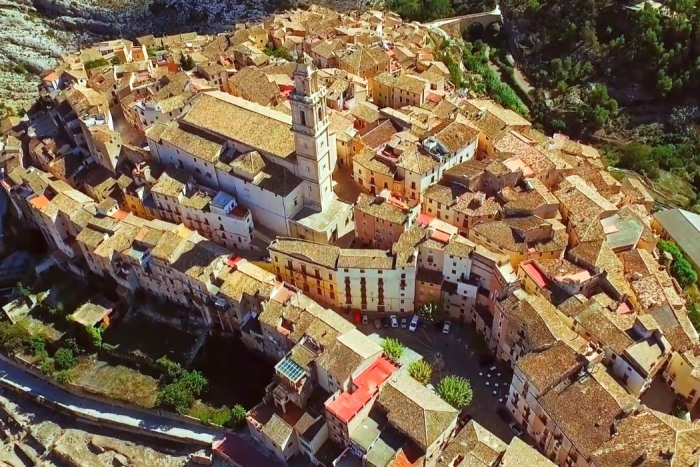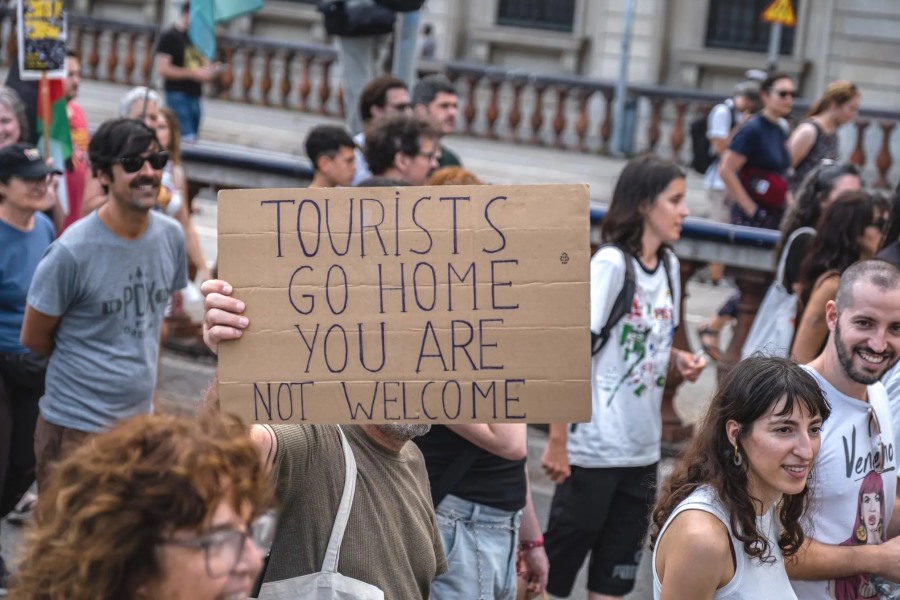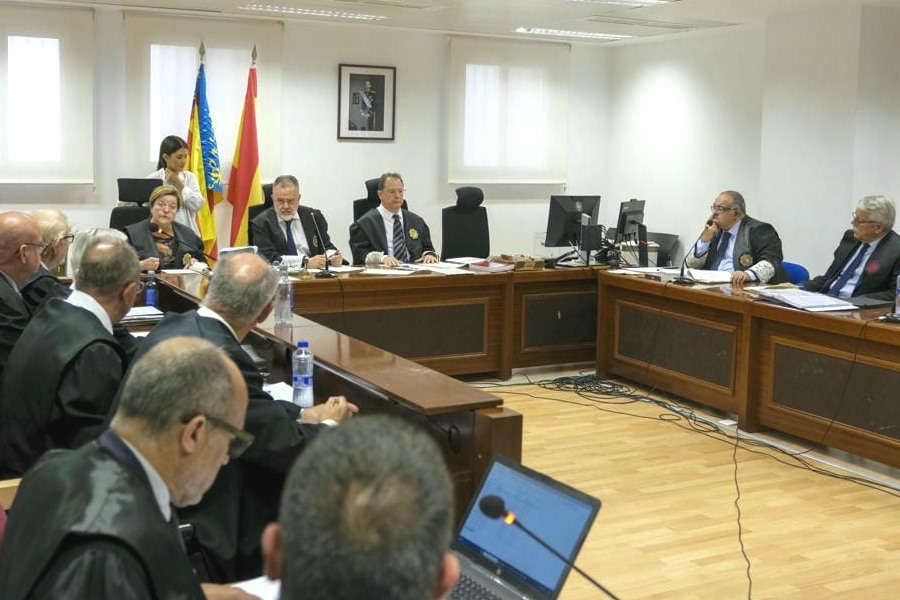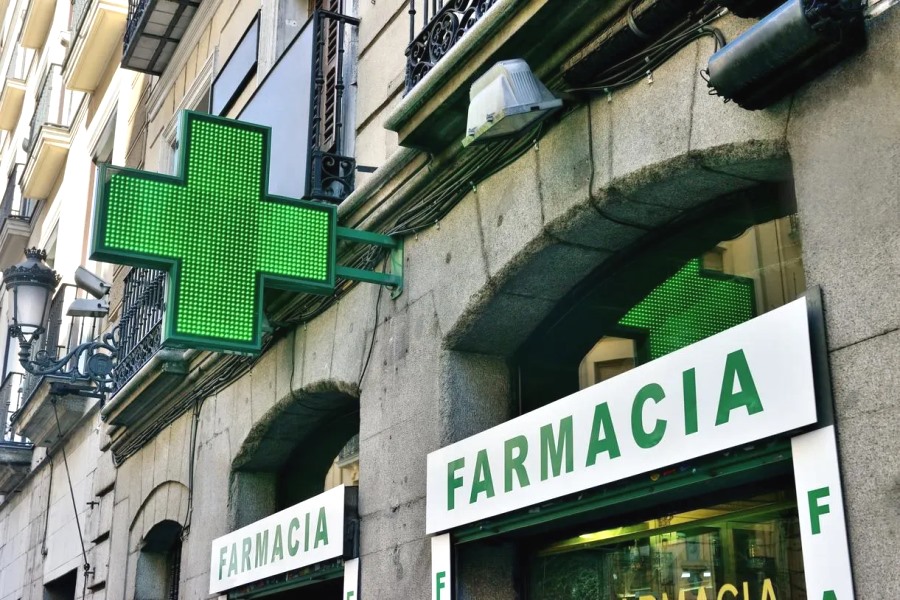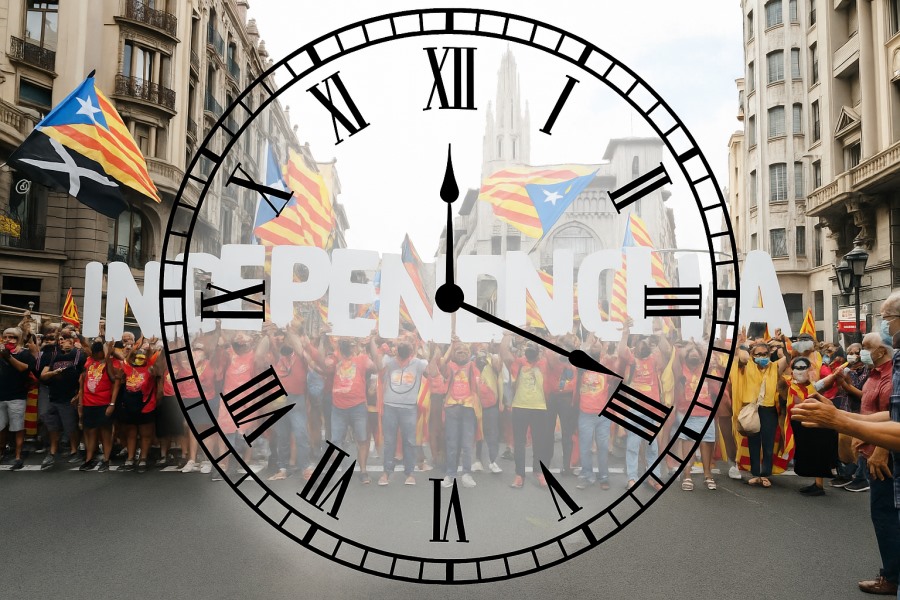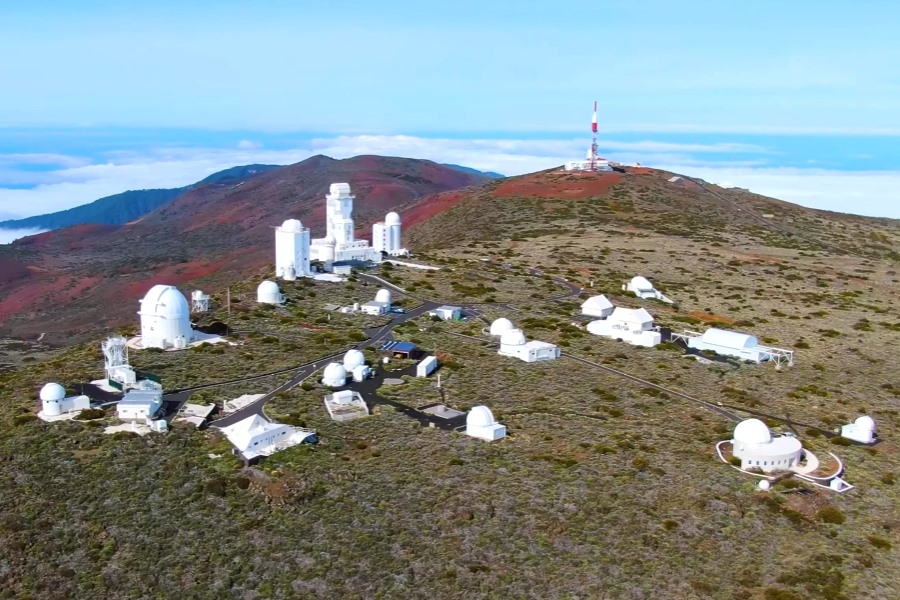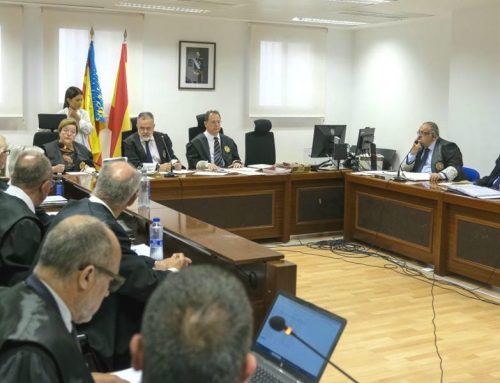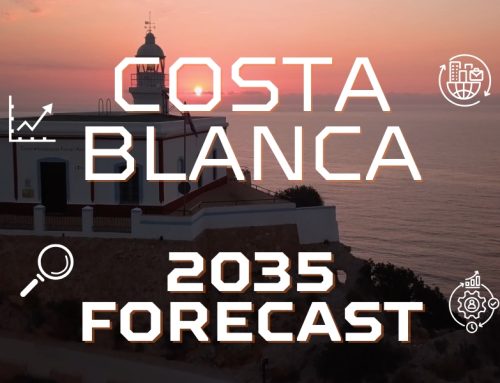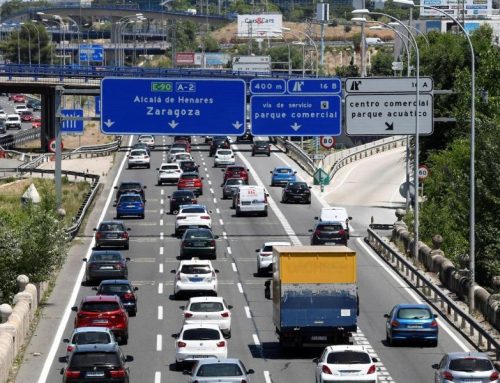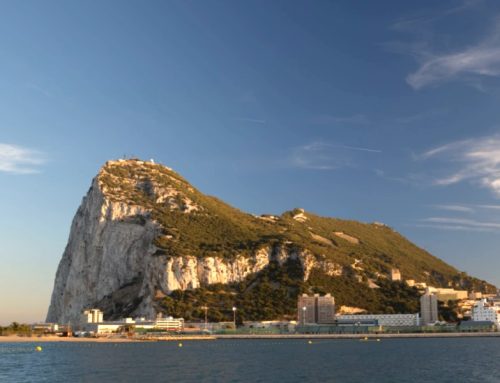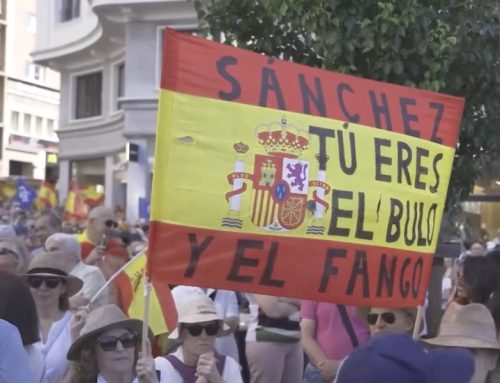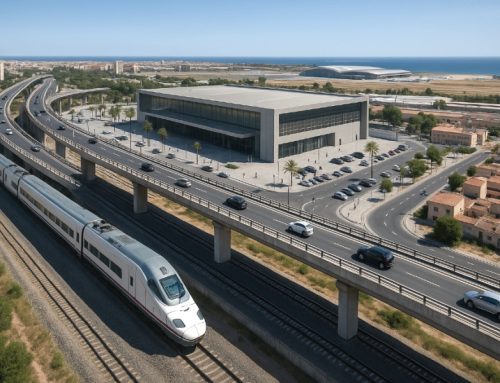
Organizations such as the Southern Europe Network Against Touristification (SET) and “Menys Turisme, Més Vida” (less tourism and more life) in Mallorca, are at the forefront of the protests. Groups like these advocate for sustainable tourism practices, regulation of short-term rentals, and the implementation of tourist taxes to fund local infrastructure. Their demands also include halting large-scale tourism projects that threaten environmental and community integrity.
Coordinated protests are planned across multiple Spanish cities on June 15, including Barcelona, Palma de Mallorca, Ibiza, the Canary Islands, San Sebastián, Madrid, and Valencia. These demonstrations aim to highlight the negative impacts of overtourism and push for more sustainable practices. Travellers to these areas should anticipate potential disruptions, such as road closures and public transportation delays, particularly in the central areas of the affected cities and islands.

The surge in tourism has played a large role in housing shortages in popular destinations. In cities like Barcelona and regions like the Balearic Islands, the demand for short-term rentals has been another factor to drive up property prices and rental costs, and makes it difficult for locals to find affordable housing. Spanish and foreign landlords often prefer to rent to tourists at higher rates, contributing to a housing crisis that has seen many residents priced out of their neighbourhoods.
In response to the housing crisis, the Spanish government has ordered Airbnb to remove over 65,000 listings that violated local regulations, such as lacking appropriate license numbers or misrepresenting ownership details. This move is part of a broader effort to regulate the short-term rental market and reduce pressure on the country’s housing sector. Cities like Madrid and Barcelona have been particularly affected, as the growth of short-term tourist accommodations has further strained the housing supply for residents.
Protesters are calling for a shift towards sustainable tourism models that prioritize the well-being of local communities and the environment. Demands include the implementation of tourist caps in overcrowded areas, the introduction or increase of tourist taxes to fund local infrastructure, the regulation and/or limitation of short-term rentals, reduction or abolishment of large-scale tourism developments, and the promotion of alternative, eco-friendly tourism options. These measures aim to balance the economic benefits of tourism with the preservation of local culture and resources.
While the protests are not aimed at tourists, they may cause disruptions in popular destinations, particularly on June 15. Travellers are advised to stay informed about local events, follow guidance from authorities, and be prepared for possible delays or changes to their plans. It’s advisable to monitor official tourism websites and local news for updates.
It’s important to note that the outcome of these demonstrations may influence future policies and set a precedent for other countries that face similar issues.

